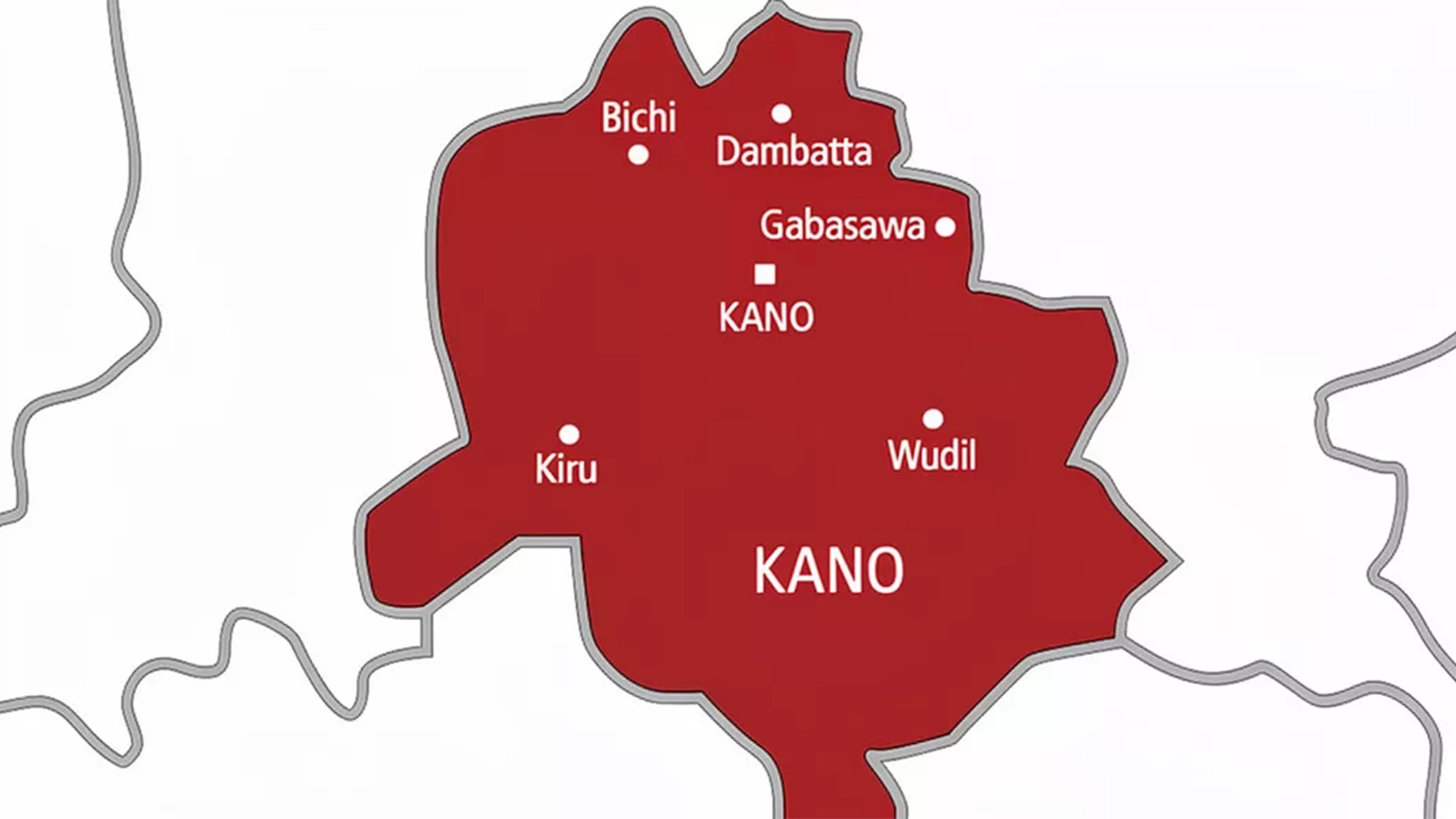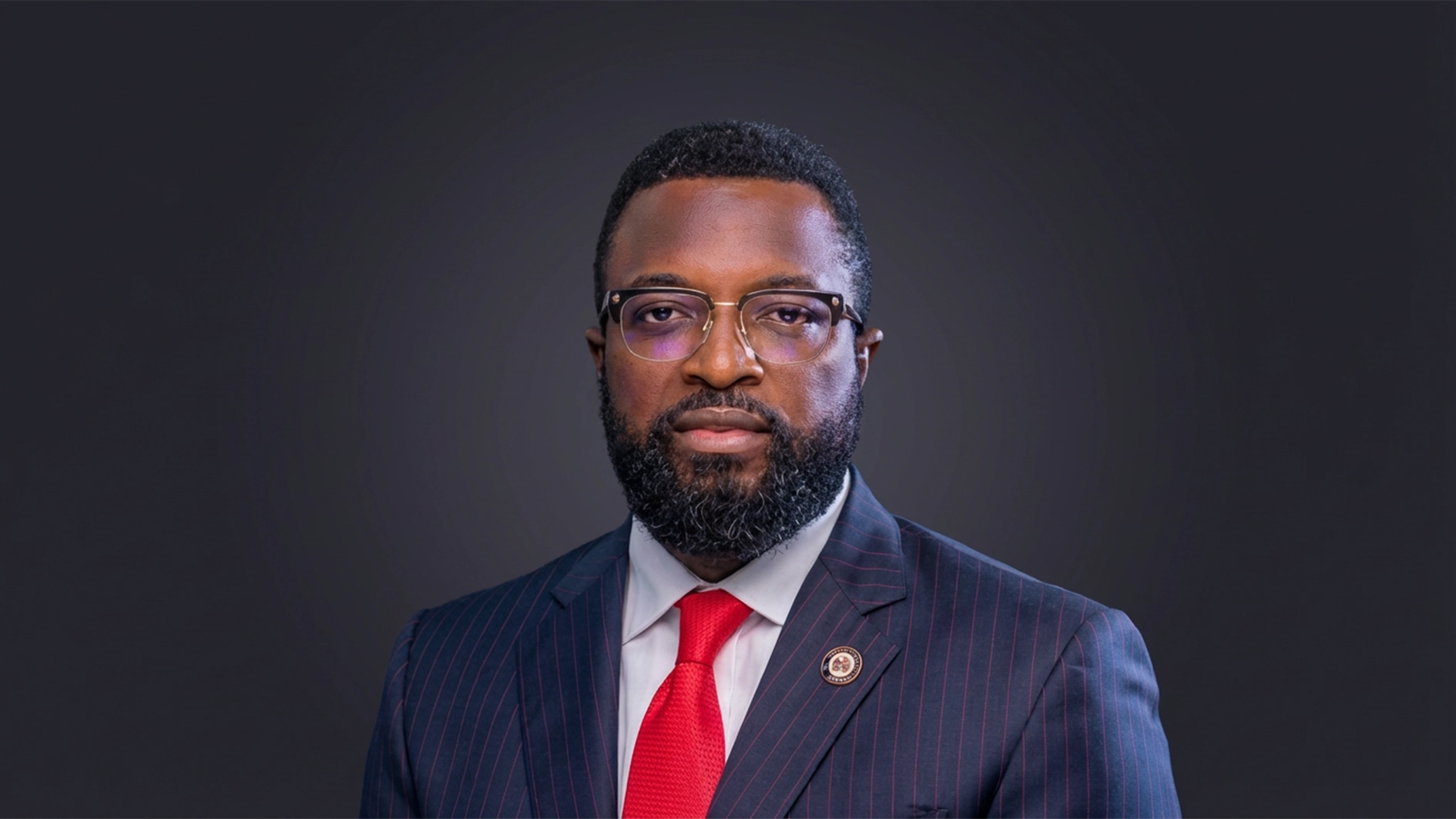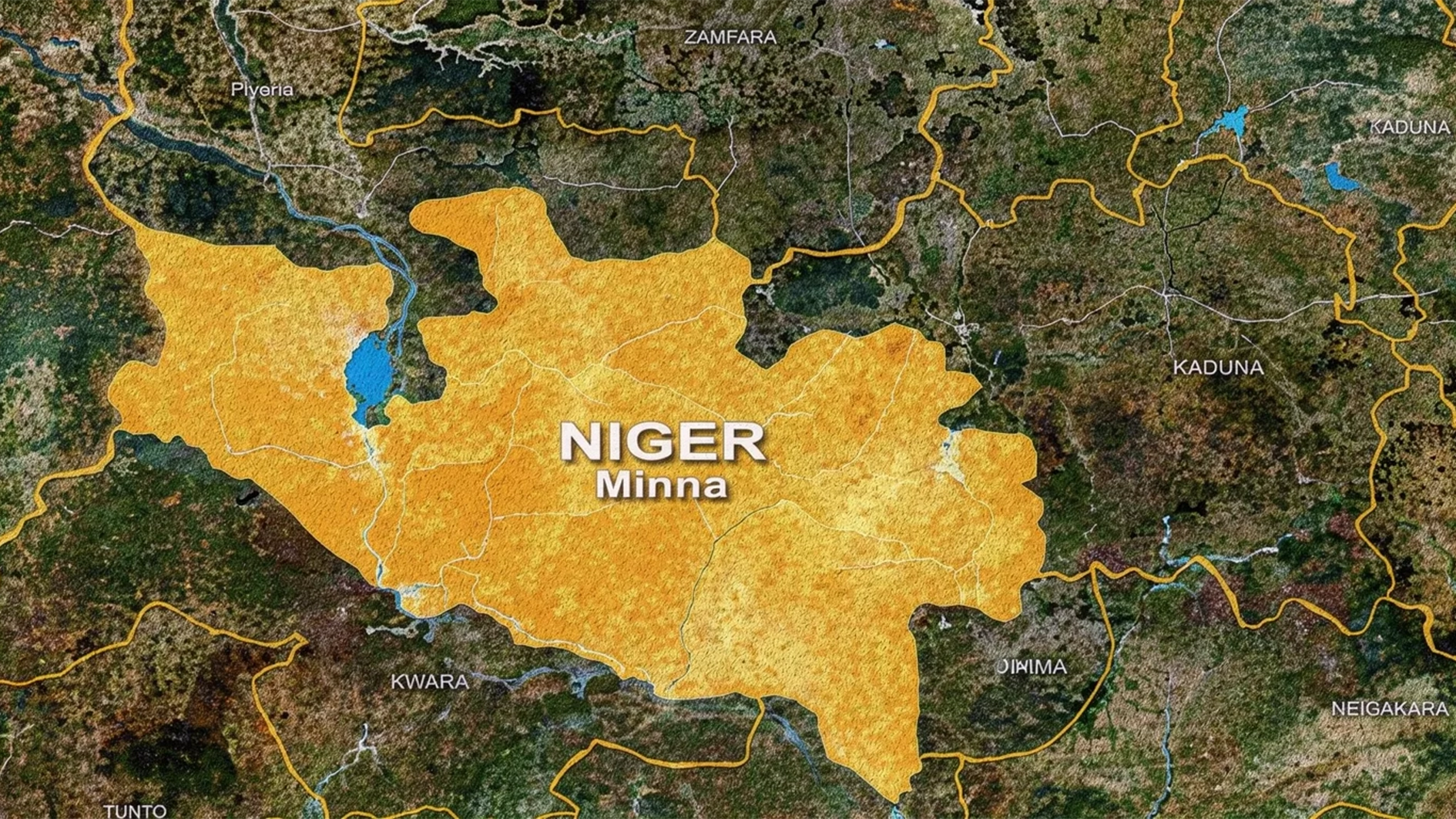
Stakeholders advocating for the promotion of the whistleblowing policy introduced by the Nigerian government in December 2016 to fight corruption have raised alarms over the growing perception that the policy has been abandoned.
They identified strategic engagements with key stakeholders as a major factor that could be employed to reverse the unfavourable impression.
They made their position known in Abuja at the National Conference on Whistleblowing, Corruption, and Human Rights with the theme: Amplifying Whistleblowing to Reduce Corruption and Protect Human Rights, organised by the African Centre for Media and Information Literacy (AFRICMIL) and Amnesty International Nigeria.
Speaking, the Coordinator of AFRICMIL, Dr Chido Onumah, regretted that the diminished attention to the policy was compounded by the non-adherence to access to information laws, which would enable stakeholders and others to obtain information held by public institutions and empower them to hold powerful individuals and corporate entities accountable.
READ ALSO: FG rakes in N83b, $609m from whistleblowing policy-Edun
Onumah also identified the lack of effective and independent judicial institutions tasked with providing access to justice and valuable remedies for human rights violations as another bottleneck to the fight against corruption.
According to the coordinator, as a good governance mechanism, whistleblowing has been described as one of the most effective methods of exposing corrupt acts and other wrongdoing and fostering accountability in the internal management of organisations.
He further disclosed that whistleblowers play a positive, legitimate, and crucial role in the prevention of, and fight against, corruption, as well as the protection of human rights.
He added: “As reports of disclosures of corrupt practices continued to rise in the public sector shortly after Nigeria announced a whistleblowing policy, whistleblowers in different government agencies increasingly became targets of vicious retaliation in the absence of a protection law, despite provisions for their safety as captured in Section 6 of the policy.
“Over the years, they have uncovered and disclosed information on various corrupt and suspicious dealings linked to different actors and institutions, including security sector officials, those in the academic community, and several others in key sectors and communities, leading to wider public debates about corruption, human rights violations, and the need for accountability.
“The right of citizens to report wrongdoing is part and parcel of the right to freedom of expression and access to information and is linked to the principles of transparency and integrity.
“Not only do people have the right to protect fellow citizens and the larger society, they also have the duty to report wrongdoing.
“Unfortunately, whistleblowers in Nigeria face a lack of a safe and enabling environment that would allow them to report wrongdoing without fear of reprisals.
“Faced with a lack of protection, citizens, mostly public sector workers, began to lose interest in blowing the whistle because of the fear of consequences: workers are being made to suffer all kinds of punishment from suspension, denial of salaries and other benefits, punitive transfers, and outright dismissal.
“The result of these attacks is a steady reduction in the volume of disclosures recorded over the years, leading to the perception that the whistleblowing policy has been abandoned.
“We are not unmindful of this unfavourable impression and believe that one way it could be reversed is through strategic engagements with key stakeholders.”
Onumah noted that the workshop is aimed at deepening the promotion and protection of freedom of expression and access to information, which are fundamental human rights as enshrined in Nigeria’s 1999 Constitution.
According to him, it will appraise whistleblowing in Nigeria and specific challenges facing whistleblowers as human rights defenders, as well as further strengthen advocacy for a much-needed whistleblower protection law in the country.






